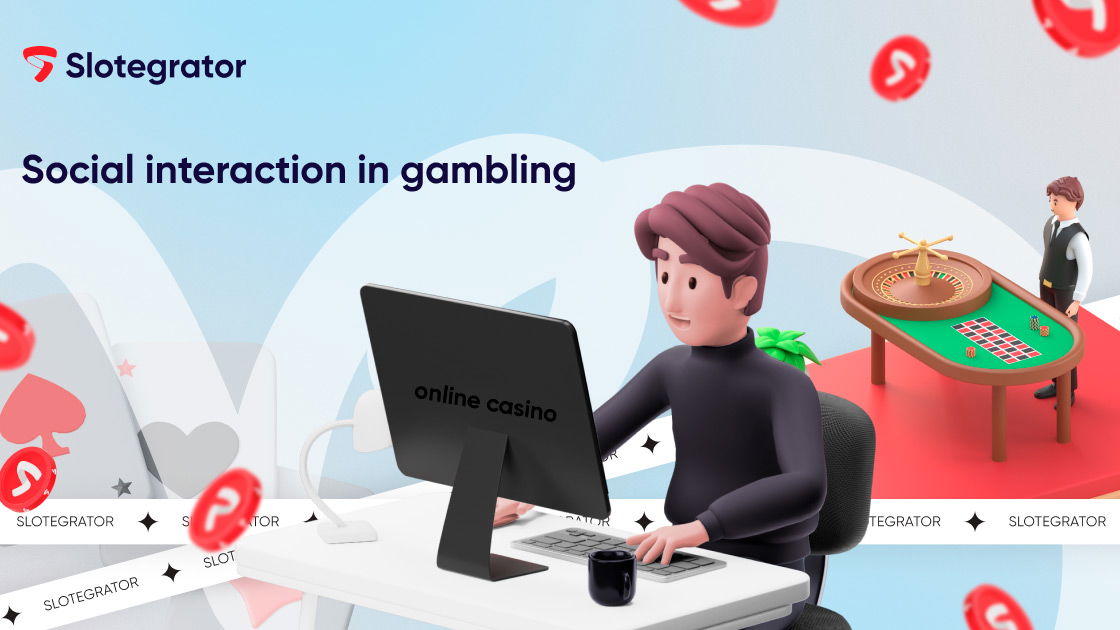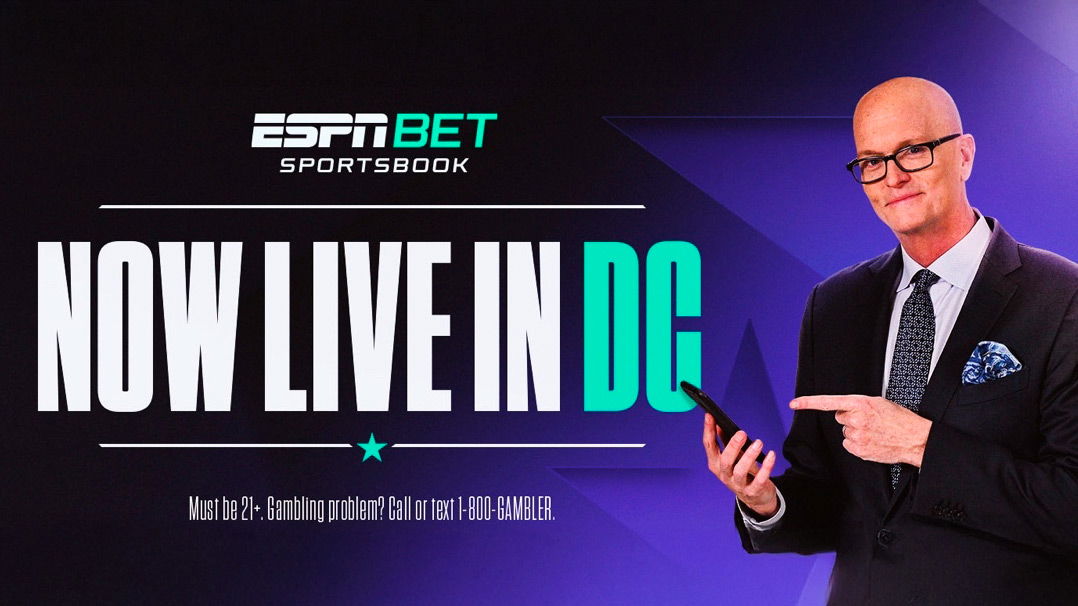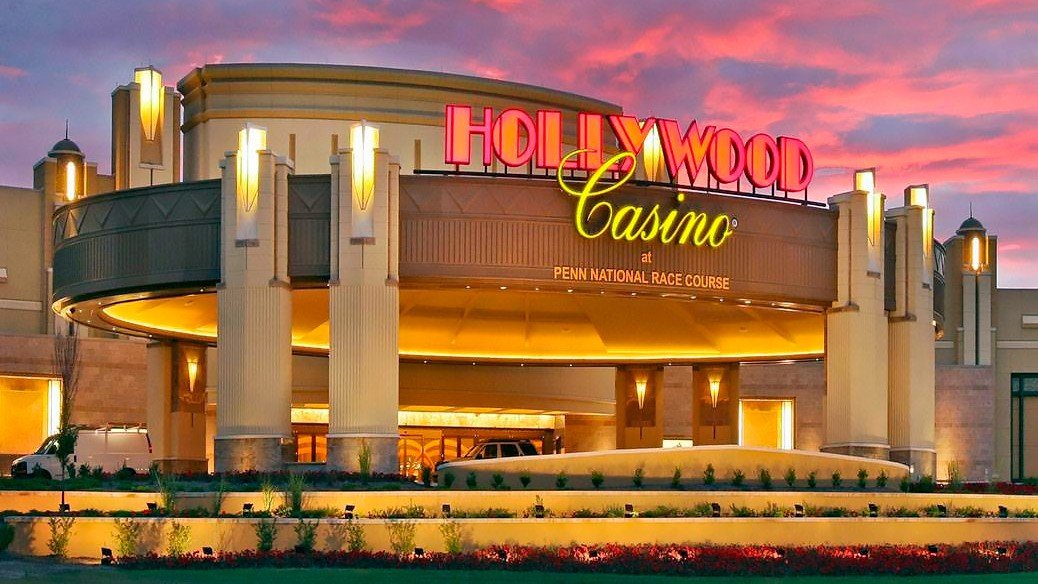Regulated gambling in Brazil: What to expect from advertising from now on?

The regulation of gambling and betting in Brazil generates many expectations and questions in the industry, as it is considered one of the most coveted markets in the region. Specialists analyze the next steps to be taken, the opportunities to be seized and the challenges to be faced. Fabricio Murakami, CMO and Co-Founder of Pay4Fun focuses this column on what to expect from advertising moving forward.
The regulation of the sports betting sector and other online gaming verticals, approved by President Luiz Inácio Lula da Silva on December 30, 2023, should further boost the segment. Law 14,790, which establishes clear rules for the advertising of bookmakers, was a long-standing demand of the sector, which had previously only been legalized, without guidelines on how to operate, since 2018.
Conar, the body responsible for advertising self-regulation in Brazil, has published Annex X, which determines the rules for advertising messages in this segment.
The new rules prohibit advertising aimed at children and adolescents, the promotion of compulsive gambling and make the veracity of information mandatory. They also require messages to be clear and transparent, informing about the risks involved in gambling.
The objective is to ensure that marketing and advertising actions are responsible and ethical, contributing to a safe environment for bettors and operators.
Regulatory changes should affect the industry in several ways. First, they should ensure greater caution with gambling advertising, as companies will have to be more careful with the target audience of their campaigns. The use of the "18+" symbol or the warning of the prohibition for under-18s must become more common, preventing children and teenagers from being exposed to the stimulus of gambling.
Secondly, the new rules should improve the quality of advertising in the sector. Companies will have to invest more in relevant and informative content, highlighting the risks involved in gambling and encouraging responsible gambling. Awareness messages about the importance of gambling in moderation and seeking help if any gambling-related pathology develops will be mandatory in this scenario.
Messages and ideas that promise easy profit or guaranteed winnings such as "being rich", "earning extra income" or "paying your bills by playing" will also be prohibited, always pointing out the importance of betting in moderation and seeking help if you develop any type of gambling addiction, avoiding messages that incite compulsive gambling.
What is the future of the sports betting marketing?
There is no doubt that the future of sports marketing for the Bet market in Brazil is promising. The sector is profitable and has great growth potential. With the approved regulation, companies in the sector will now have to adapt to the new rules, which will result in significant changes in advertising campaigns, to ensure the safety of bettors.
The regulation will also bring sanctions for companies that do not use their marketing and advertising actions responsibly. This will help ensure that campaigns are conducted in an ethical and responsible manner, avoiding harassment and manipulation of consumers.
The message of the campaigns should be transparent and prudent. Companies should not promote gambling as a way to earn money or additional revenue. Campaigns shall emphasize the importance of responsible gambling, showing that sports betting should be seen as a form of entertainment.
With this, the trend is for bookmakers to continue investing in sports marketing, advertising, and sponsorship, looking for creative, different, and more responsible ways to communicate with consumers.
Fabricio Murakami is the CMO and co-founder of Pay4Fun, a payment institution that offers financial solutions for the entertainment and sports betting sector. The executive has strong experience in Product Management, with a history in the online gaming segment. Specialist in Business Planning, Advertising, Management, Information Technology, and Strategic Planning, in January 2018 he entered to lead the Marketing strategies of P4F, which is the first payment institution to receive authorization from the Central Bank of Brazil and currently operates in more than 500 sites integrated into the entertainment segment.


















































